My friend Deborah
One of the attendees of the 2020 PDC in Kumi Uganda turned out to be a super spreader
I say super spreader out of the deepest respect, it seemed apt for Deborah Aluka as a graduate from a PDC ran during the pandemic, who has gone on to become such effective teacher.
From Eastern Uganda, Deborah has embraced permaculture, applying it to her home compound and garden and consquently she has gone on to become an inspirational teacher, practitioner and community leader. Firstly impacting on her own homestead, village and comunity but then going on to help develop a web of connections touching over 50 villages across the whole Teso Sub-region. This has happened rapidly, in less than three and a half years the process has been a transformational experience for the 29 year old mother of two, that has sent waves and riplles far and wide across the region.
From this initial work has sprung a regional Association, of which she is the chair and they have set about transforming the wider district as much as resources and time have allowed. We have interviewed, met with and worked with Deborah now for nearly four years and all of the below statements are drawn from interviews with her and recorded by project evaluator Stella Amuge.
This is TESO Advanced Permaculture Association
“We welcome you to TAPA, that is Teso Advanced Permaculture, where we are supporting teachers, trainers, communities and households to transform their lives through permaculture.”
“My Name is Deborah Aluka and I was a student on the PDC held at Kumi Happy Home in 2020, its was led by EUPO and Sector39. This was at the time of covid19 and that gave us many challanges, but I can say permaculture really helped us.
When I first came back from the PDC I started making raised beds and swales and what? I did many things. The youth even would come and laugh at me, they didn’t understand what I was doing. Even my neighbours were asking me questions. When they saw that it was working and I was gaining many benefits, then they wanted to know about permaculture as well. Even my husband he likes permaculture because now when i go to the market to get soap and salt, I dont have to ask him for money. I pick and I sell the cabbage leaves. We call it sukuma wiki.
Before this time we didn’t grow green vegetables, we eat mainly posho and meat. My children used to get sick at that time, but now they don’t. I became convinced about permaculture from very early on and I wanted to share it. I am now a teacher.”
“We realise permaculture is about no waste, about connecting things together, it is letting nature be your teacher. We grow many different things now, also some have turkeys, guinea fowl, we grow oranges and even grow vegetables under the orange trees. As a community we also started to link together to share and support one another. Permaculture is working to a design, a design to solve problems.
When we first made the lorena stove, we came together to make one at my house, then we went all to Barbara’s house, then we went to the next one, to Mary. There are maybe 600 households in the village and now they are all using the lorena stove. They use very small wood and there is no smoke any more, it has really changed the whole village.”
The stove designs and shapes have evolved and change and shift to meet the specifics of each household, but the physics remains the same. The body of the stove has a high thermal mass, and the controlled burn makes a hot flame the uses all of the wood gasses for a clean and smokless burn. This is one of the many examples looked at on the PDC under the themes of use and value natural resources and services and produce no waste. Also a wonderful way to catch and store energy, through its thermal properties.
Deborah was able to bring alive the ideas she had learned on the PDC to the extent that her neighbours began to copy her and innovate around their own ideas as well.
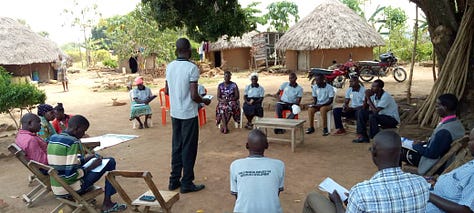
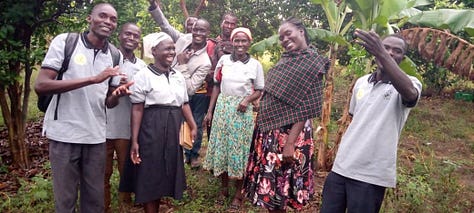
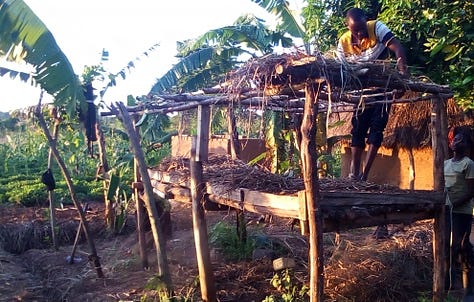
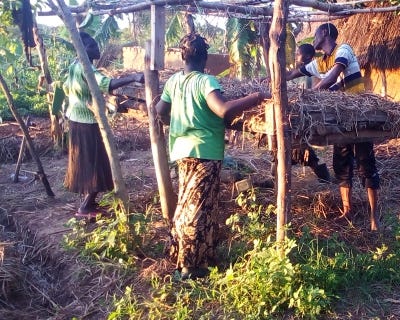
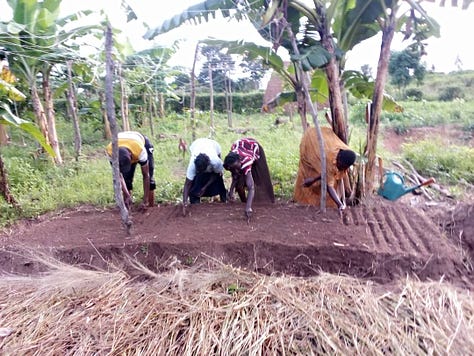
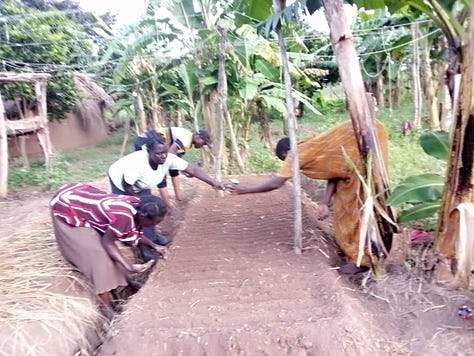
“Each year we are learning more, we have had some help to find money for seeds and tools and these are of course a constant need. We are learning more about seed banking and seed exchange and also trying different crops like avocado and oranges. In this video we are burning grasses on the seed bed table to kill off any bad bacteria or diseases before we plant.”
Plans for a PDC in Teso
S39 and our partners in Eastern Uganda have begun preliminary talks to hold a full PDC in Teso, either late 2024 or early ‘25. The idea is to use the TAPA network that has been built up since the Sept 2020 PDC held at Happy Home. We hope that such a course might link together the 50 villages from across the region drawing on and reinforcing the TAPA trainers and members and the web of connections they have been creating.
Their pioneering work needs reinforcement and strengthening, it also needs to be evaluated and better understood. Few of even the core members have the opportunity to complete a full PDC, or studies have been partially or fully on line. The trainign which has been recieved has been well used, but a strong push in strategic directions would have a huge multiplying impact. From inital meetings we already know these things are requested:
More in person training
The opportunity to visit other permaculture sites
Help with seeds, tools and work ware
Transport support to reach outlying villages
Bee keeping equipment and suits
Knowledge about biochar production and carbon credits
Seed saving and seed banking
A commuity savings and loan scheme or credit union
The model we have followed is very much a training of trainers process and TAPA are doing the same across their communities. With the right support team on this PDC I think we can deliver an excellent, powerful training experience and build much stronger and more endduring support networks in Teso sub region. A model that can be build on and a capacity development for the wider district.
Watch this space, we are keen to open up a conversation to develop this idea further.
A small appeal for Deborah Aluka
Deborah is raising funds for school fees right now, any help allows her to focus on her vital work.
“Friends I am reaching out to the Sector39 network and you people in the UK to help me with school fees. In Uganda you have to pay for school if you wanted you children to learn well. It is a constant pressure, and I worry about it. It gives me stress. I have 2 children, one boy and one girl and they are doing well at school. If you can help then of course I am very happy, but I am also happy to talk to you about my work.”


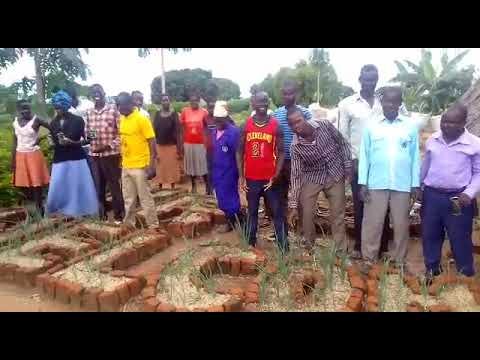


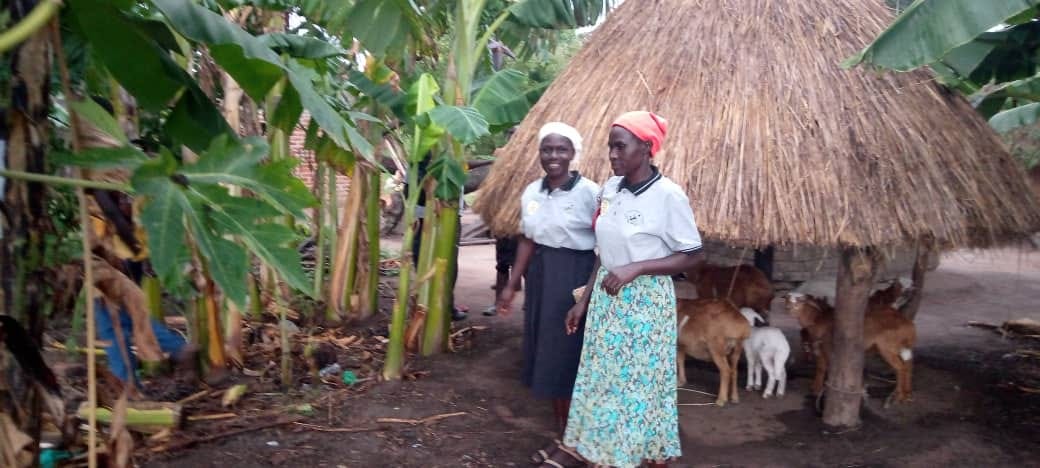
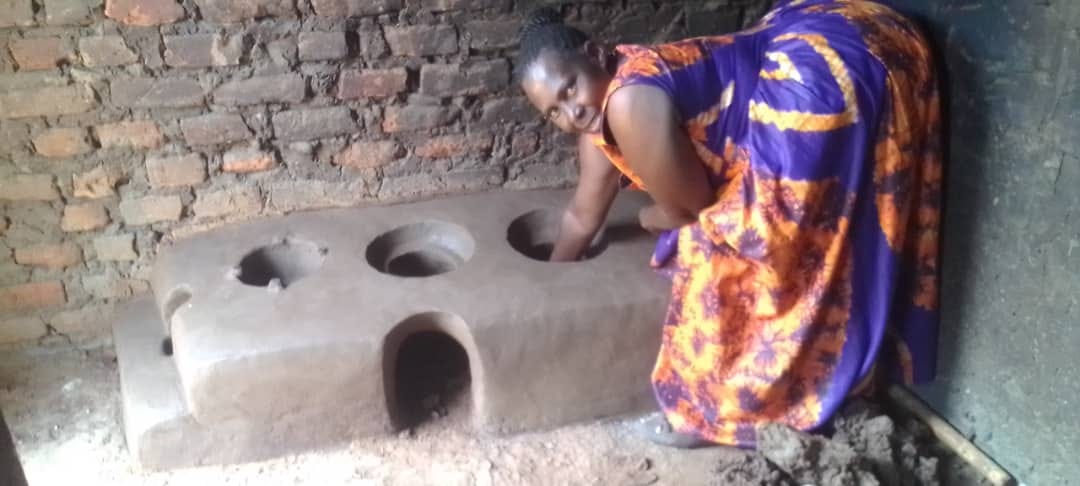
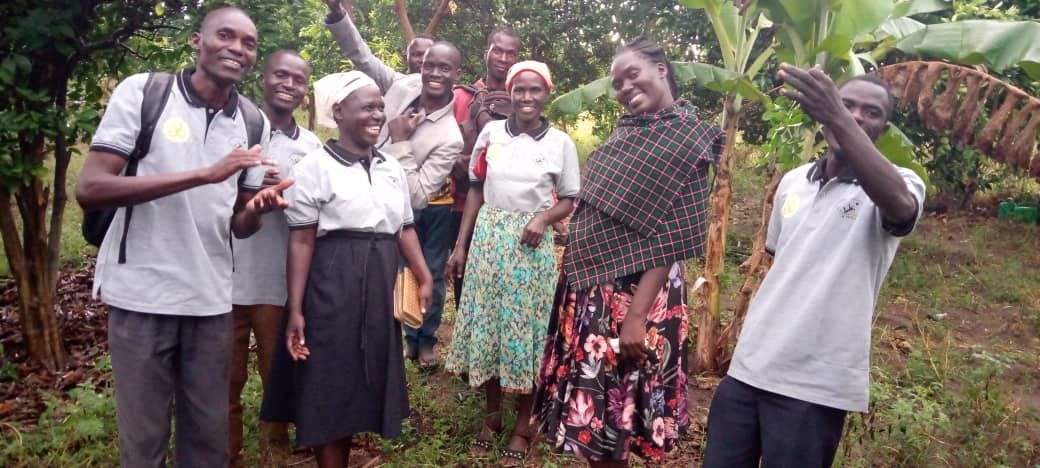
FINCA might be a good partner for a village banking model partner! If not, there are likely others. Or Grameen Bank which has a Kamapala office. https://finca.ug/ https://grameenfoundation.org/contact-us/uganda-office
Deborah is inspirational and a beacon of light and hope. I hope you can raise the funds successfully for her needs 🙏🏼